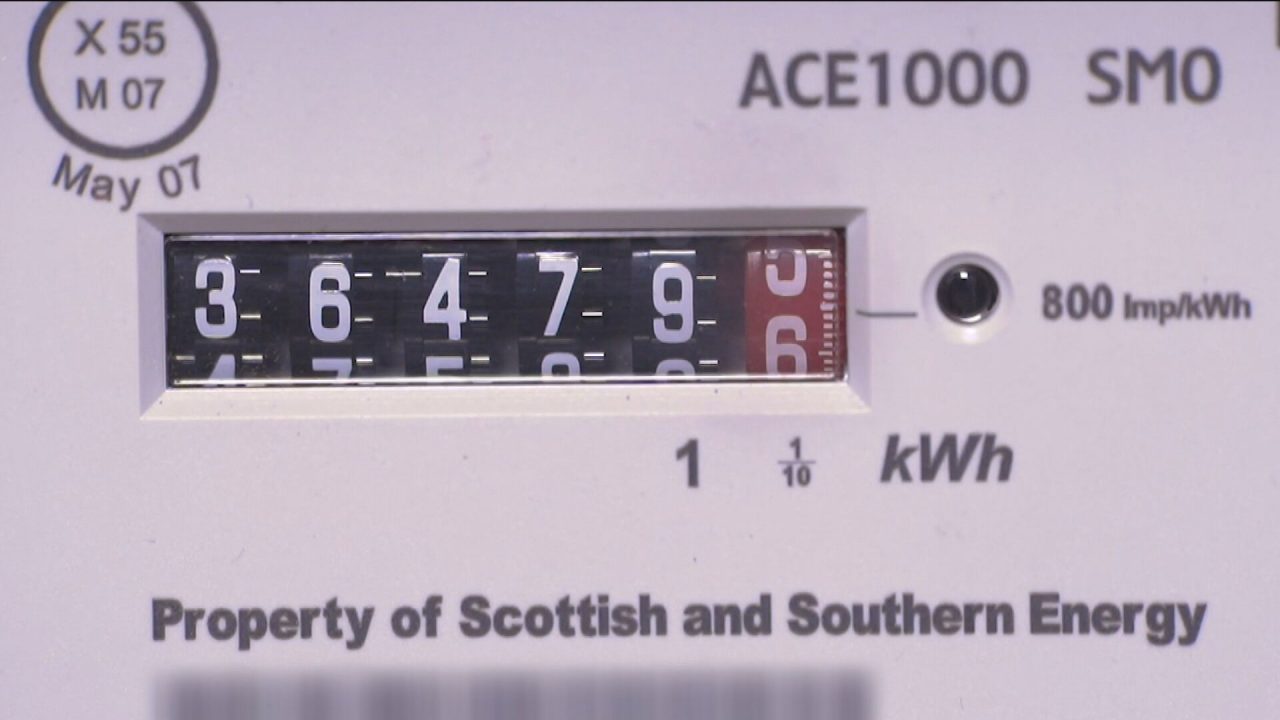People across Scotland and the rest of the UK are set to see the cost of each unit of energy they use soar from the beginning of April, according to industry experts.
The latest and final forecast from energy consultancy Cornwall Insight explains that despite an expected fall in Ofgem’s price cap, changes to Government support means the average household bill will go up.
The price cap on energy bills regulates what energy suppliers are able to charge but not necessarily what households pay.
It is currently set at £4,279 per year for the average household and will fall by around £1,000 to £3,295, Cornwall Insight analysts said.
But what people actually pay for their energy is currently regulated by the Government’s energy price guarantee.
Currently the Government’s support mean people pay no more than 34p per kilowatt hour (kWh) for electricity and 10.3p per kWh for gas – which works out at around £2,500 per year for an average household.
But from the beginning of April, a typical household’s bill will rise to £3,000.
Additionally, households will not get the monthly support payments of £66 or £67 towards their energy bills.
Dr Craig Lowrey, principal consultant at Cornwall Insight, said: “Regrettably the forecast for April looks set to leave the price cap above the increased Energy Price Guarantee level, meaning average annual consumer bills will effectively jump by 20% (£500).
“However, this is before we take into account the end of the £400 energy rebate scheme in March, meaning that the cost of energy for households will increase by even more.”
In July, Cornwall Insight has predicted the price cap to fall further, down to around to £2,153.
This will mean the Government will stop paying into people’s bills but will also feed through to lower prices for consumers.
“In the latter half of the year, we see a notable shift in our predictions, as the cap falls below the government support price for the first time since the introduction of the EPG in October,” said Dr Lowrey.
“This gives us optimism as far as the wider energy debate is concerned.
“While prices under the cap remain considerably higher than historic norms, the combination of falling wholesale prices and an increase in the EPG could see the return of competitive tariffs, and with it the chance for consumers to take back some control over their energy bills.”
Follow STV News on WhatsApp
Scan the QR code on your mobile device for all the latest news from around the country


 STV News
STV News
























